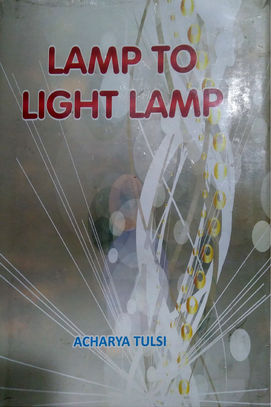The Greek Emperor Sikandar (Alexander the Great) came to India. He had innumerable questions in his mind pertaining to the way the Indian people lived, the level of their thinking, their conduct and character. With a view to get an idea of the situation of the country, he visited many places and finally reached Takshashila. He camped outside the city in a field, where the farmers were holding a meeting. Sikandar beckoned one of the farmers and asked, "What is the matter? What are those people discussing?" In explaining the whole thing in detail that man said, "A particular field had been sold here some time ago. The man who bought the field asked his labourer to plough the land. That man while ploughing found a pot full of gold mohars. He informed the owner of the field, who arrived on the scene. Seeing that pot full of gold mohars, he said, "I have bought this land. I am the owner of this land. But the treasure which has been found there cannot be mine. I must call the previous owner of the field and hand it over to him."
The former owner of the field arrived. He said, “I have sold away the land. Now I have no claim over it. I did not bury this treasure here. Hence, it is not proper that I should claim any ownership of it. The treasure belongs to the one who owns the field now. It would be nice if you would not drag me into this affair."
Both the former and the present owners of the field were adamant. Neither of them was prepared to carry home that pot full of gold mohars. Ultimately the Panchayat was called. The Panch persuaded both the owners to share the pot with the gold mohars. But they were both firm in their determination. Now let us see what Panchayat decides.
Sikandar was very eager to hear the decision of the Panchayat. The Panchayat declared, "Nobody knew about this treasure which has been found in this field. There is no information about who buried that treasure and when he did it. Now both these men are refusing to accept the treasure. They are not ready to accept it even after a great deal of persuasion. In that situation, the Panchayat has decided that the whole treasure should be used for the Takshashila University. “The two agreed. Looking in the selfless attitude of both the men, Sikandar silently bowed to the respectfully.
On the one hand, such detachment from wealth! Such selflessness. On the other hand excessive attachment to wealth. Such exaggerated attachment that this bright picture relating to the question of wealth indicated above seems to be the product of imagination. Right from top to bottom, people are generally found to be involved in immoral behaviour. At times one begins to feel that wealth itself has become life. All limits of propriety and impropriety have been eradicated. Would those times ever return in India when a person would be judged on the basis of virtuousness in economic matters? Anuvrat is one such lamp of hopes which could kindle the light of Indian faith in the mind of foreign rulers like Sikandar.
 Acharya Tulsi
Acharya Tulsi
